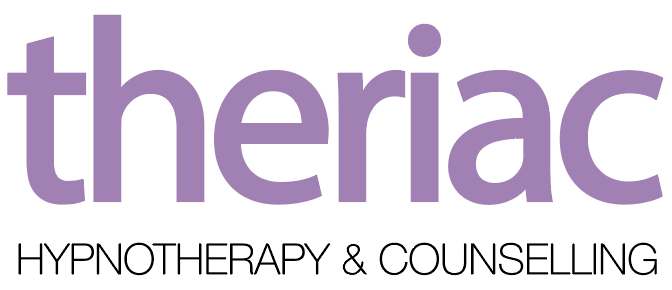Most FrequentlyAsked Questions
Hypnotherapy
Counselling
No one ever gets stuck in hypnosis. It is impossible. Hypnosis is a natural and normal state that we all enter into daily. Of course, it is a subjective experience and everyone will experience it differently, but the worst that could happen is that you drift into natural sleep and wake up soon afterwards.
A common misconception is that while under hypnosis you can be made to do things you don’t want to. However, the truth is that you are entirely in control while in a hypnotic trance. We go into a hypnotic trance daily; for example, think back to when you were learning to drive; you had to think about every move, every press of the peddle, every look in the mirror. When you have passed your test and gained confidence, you start to drive without thinking. This you are now doing automatically in your subconscious.
I would love to say I did, but the truth is I don’t. This myth originates from a Hollywood movie belief. Instead, we have special skills, a deep knowledge of psychology and the human psyche, and experience working with people, but no special powers. With sufficient effort and practice, most people could induce a formal state of hypnosis in someone else, but only with the person’s permission. Of course, the real skill is how we can use the hypnotic state to help people.
Nothing horrible will happen, everyone goes into a hypnotic state through every day. Remember when you were learning something, you had to concentrate but when you have mastered a task it becomes an automatic process like driving for
The first appointment is a consultation, where we will get to know each other. I will explain the process and set out your treatment plan. We may have time for a bit of hypnosis.
Every appointment thereafter will follow the same structure: 15 mins catch-up and review of your week: successes, challenges and how you are feeling. This is then followed by 35-40 minutes of Hypnosis. The time at the end is left for feedback and to agree on some homework. You will leave feeling refreshed.
At your initial consultation I will set out a treatment plan with you. We will review this at the halfway point. These are normally 6-8 sessions long and one session per week. However, sometimes more things come to light and further sessions are required. You may decide hypnotherapy isn’t for you and that’s ok too.
In your first session, your therapist will spend some time getting to know you and the issues that brought you into treatment. There will be some formal questions that need to be asked and then free-flowing conversation. The therapist will ask questions about your presenting concerns, as well as your history and background. Most likely, you’ll find yourself talking about your current symptoms or struggles, as well saying a bit about your relationships, your interests, your strengths, and your goals.
Most importantly, in that first session, you will begin making a connection with your therapist. You should feel safe, accepted, respected, and relatively comfortable.
The therapist will then give you a treatment plan, explain the next steps and get future sessions booked in if you wish to start treatment. Treatment plans will vary, normally starting with 8 weekly sessions that are reviewed every 4 weeks.
The first therapy session is the hardest—not because the session itself is gruelling, but simply because trying new and foreign things can cause some butterflies in your tummy. For some people, that intimidation may cause them to procrastinate booking that appointment. Booking and attending the first appointment is the hardest step. Once you have that sorted you will start to feel better.
Most clients cry during their first few sessions, some don’t cry at all, and some cry every session. While it can be uncomfortable or embarrassing to cry in front of others, it's important to know that crying in therapy is not only okay but can actually be a sign of progress and healing.
Each session is, essentially, a problem-solving session. You describe your current situation, and your feelings about it, and then the therapist uses their expertise to assist you in trying to resolve that problem so you can move closer to having the life you wish to have.
At the beginning of a session, the therapist typically invites you to share what’s been going on in your life, what’s on your mind, what’s bothering you, or whether there are any goals you’d like to discuss. You’ll be invited to speak openly. The therapist will listen and may take notes as you speak. You won’t be criticized, interrupted, or judged as you speak. Your conversation will be kept in the strictest confidentiality. This is a special, unique type of conversation in which you can say exactly what you feel, with total honesty without worrying that you’re going to hurt someone’s feelings, damage a relationship, or be penalized in any way. Sometimes you may be given some homework to complete after a session.







